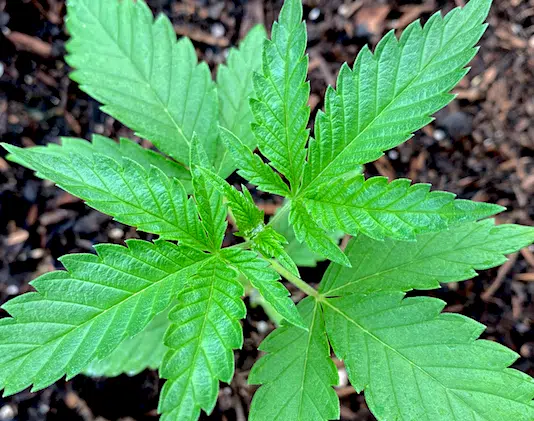
by AMY DALRYMPLE AND JEFF BEACH (North Dakota Monitor)
BISMARCK, N.D. (North Dakota Monitor) – North Dakota voters may see a ballot measure in November related to legalizing marijuana for adults 21 and older.
Supporters submitted a petition on Tuesday to get a measure placed on the ballot that would allow adults to use marijuana at home. Secretary of State Michael Howe confirmed his office received the petition.
The secretary of state and attorney general have five to seven business days to draft a petition title before it can be circulated for signatures. Supporters would need to collect just under 16,000 valid signatures by July 8 for the measure to appear on the November ballot.
Steve Bakken, Burleigh County Commissioner and former Bismarck mayor, is chair of the initiated measure’s sponsoring committee.
“Cannabis legalization is coming, and it’s coming fast. We’ve got a choice here – let out-of-state interests call the shots, or take the lead ourselves,” Bakken said in a statement.
Supporters said the proposal calls for more conservative possession limits than other states, including neighboring Minnesota and Montana. It specifies limits based on different types of products. It also allows the ability to grow three plants per person over age 21, with a maximum of six plants per household.
Casey Neumann, a member of the sponsoring committee and CEO of Pure Dakota, a Bismarck medical marijuana manufacturing facility, said much of the language in the petition had been in previous legislative bills.
He said this proposal provides more protection for property owners than previous efforts. A renter must have written permission from a property owner to grow marijuana plants.
There also are daily purchase limits.
“It’s consumer-friendly yet highly regulated,” he said.
A statewide measure to legalize marijuana in 2022 failed with 55% voting against the measure. North Dakota voted down a measure to legalize marijuana in 2018 by an even wider margin.
Marijuana for medical use is legal in North Dakota.
Bakken has not been involved with previous efforts to legalize marijuana in the state.
He said advantages of legalizing marijuana include being able to regulate and keep out dangerous additives, such as fentanyl, and for the state to be able to collect taxes and fees.
He said the language was crafted carefully with input from North Dakota agencies, including the Attorney General’s Office and state Health Department.
“It’s done very conservatively so that it matches with North Dakota values,” Bakken said.
Fargo attorney Mark Friese, a former police officer and a member of the sponsoring committee, said “a ton of resources” go into investigating and prosecuting marijuana cases.
Friese said those resources could be put to better use elsewhere, such as investigations of more serious drugs like fentanyl and methamphetamine.
“Lumping marijuana into that group and labeling marijuana offenders the same way that we do is just bad policy,” Friese said.
He said marijuana convictions limit people’s options for housing, education and careers.
“It’s affected generations of North Dakotans,” he said.
South Dakota allows medical marijuana but not recreational. In 2023, the Minnesota Legislature passed a recreational cannabis law that allows adults over age 21 to purchase and possess cannabis products. Montana also allows recreational marijuana for adults 21 and over.




Comments